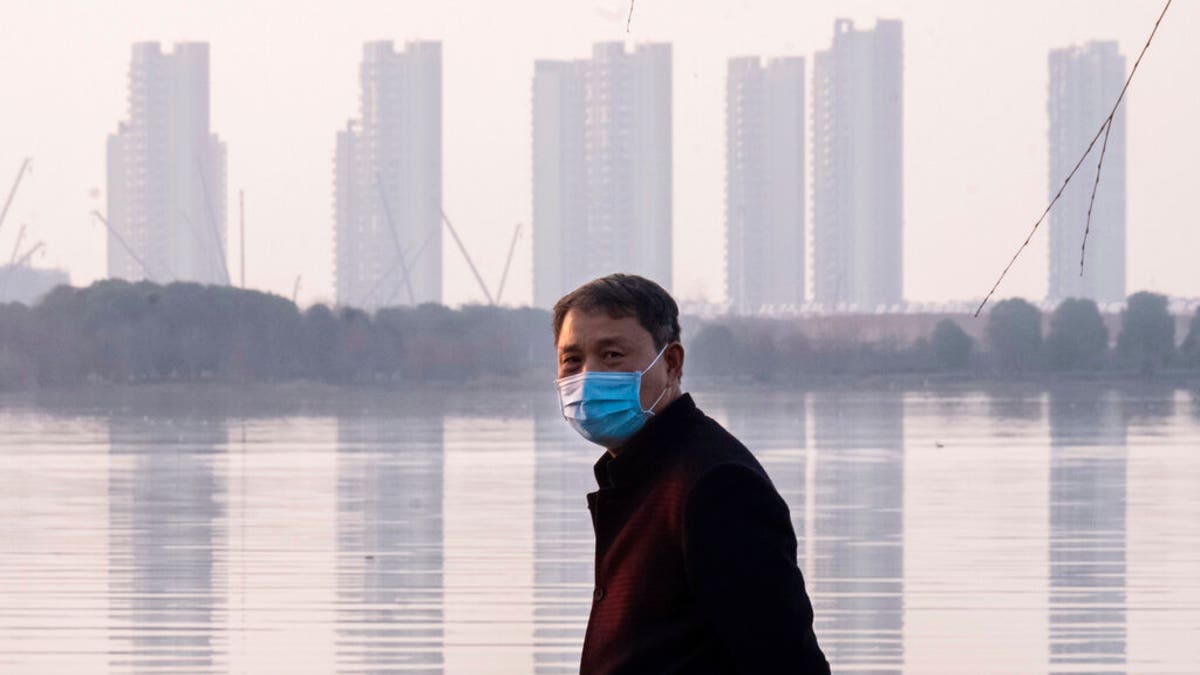WHO declares coronavirus outbreak a global emergency
The World Health Organization defines a global emergency as an extraordinary event that constitutes a risk to other countries and requires a coordinated international response.
Since it was first reported in China last month, the deadly coronavirus has spread to more than a dozen countries, with more than 7,800 cases reported and 170 deaths.
The World Health Organization on Thursday declared the outbreak a global emergency after the number of cases spikes more than tenfold in a week.

A man wears a face mask as he stands along the waterfront in Wuhan in central China's Hubei Province, Thursday, Jan. 30, 2020. (AP)
The U.N. health agency defines an international emergency as an “extraordinary event” that constitutes a risk to other countries and requires a coordinated international response.
“This virus has spread at unprecedented scale and speed, with cases passing between people in multiple countries across the world,” said Dr. Jeremy Farrar, director of Britain’s Welcome Trust. “It is also a start reminder of how vulnerable we are to epidemics of infectious diseases known and unknown.”
As scientists race to understand how the virus is spreading among people in China, at least 18 other countries have since reported cases. The United States and South Korea on Thursday confirmed its first cases of person-to-person spread of the virus.

Doctors look at a CT scan of a patient at a hospital in Wuhan in central China's Hubei Province, Thursday, Jan. 30, 2020. (Chinatopix via AP)
Scientists say transmission of the virus is most likely between people with close contact, like families. But there have been reported instances of people who may have had less exposure to the virus in Japan and Germany.
The coronavirus has now infected more people in China than were sickened there during the 2002-2003 outbreak of SARS. Virologists believe it originated at a seafood market in the eastern Chinese town of Wuhan when someone or a group of people came into contact with wild animals being traded there.
AMERICAN AIRLINES SUED OVER CORONAVIRUS BY PILOT UNION SEEKING TO CANCEL US-CHINA FLIGHTS
According to the Centers for Disease Control and Prevention (CDC), coronaviruses are common in camels, cattle, cats, and bats. Person-to-person transmissions are thought to occur when an infected person coughs or sneezes, similar to how influenza and other respiratory pathogens spread.
Other ways the virus may spread from an infected person to others is through touching or shaking hands, or if a person touches a surface with the virus on it, then touches their mouth, nose, or eyes before washing their hands, the CDC says.
CLICK HERE TO GET THE FOX NEWS APP
But despite the WHO’s declaration of emergency, the immediate heal risk to the general American public still remains relatively low.
The Associated Press contributed to this report.








































